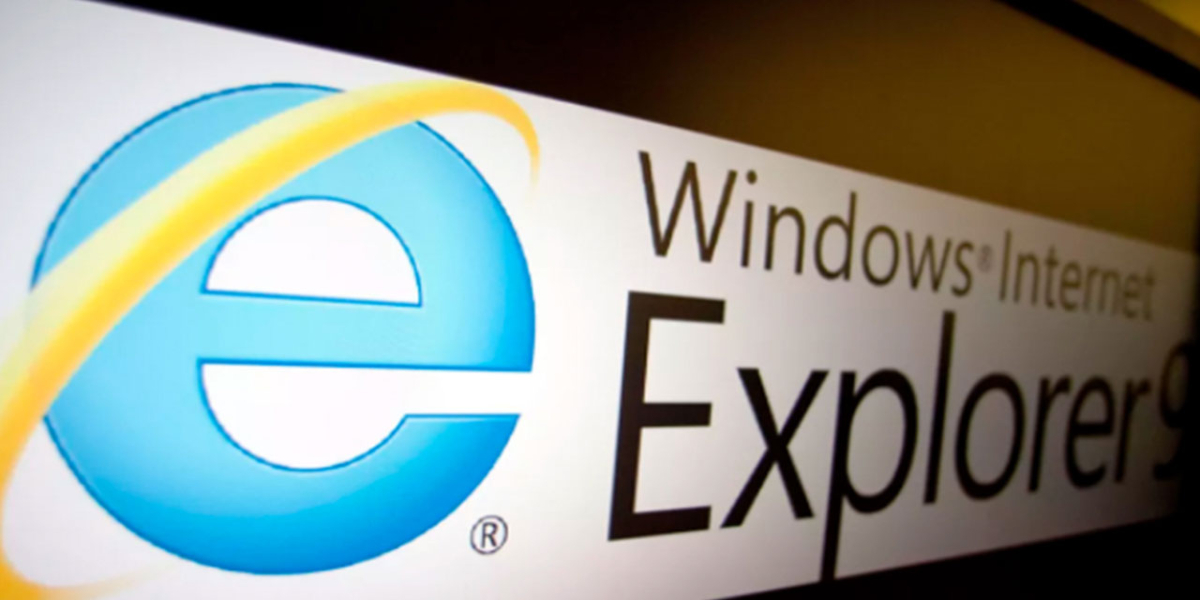Internet Explorer is officially retiring today

credit: google
- Internet Explorer has been officially retired by Microsoft.
- The downfall of Internet Explorer was not unexpected. Microsoft announced a year ago that it would phase down Internet Explorer on June 15, 2022
Internet Explorer is finally being retired. Microsoft will no longer support the once-dominant browser that legions of web surfers loved to loathe — and a few still profess to like — as of Wednesday. The 27-year-old application is now in the same category as BlackBerry phones, dial-up modems, and Palm Pilots.
The downfall of Internet Explorer was not unexpected. Microsoft announced a year ago that it would phase down Internet Explorer on June 15, 2022, instead directing users to its Edge browser, which debuted in 2015.
Read More: Nike is discontinuing its Run Club app in China
The company made clear that it was time to move on.
“Not only is Microsoft Edge a faster, more secure, and more modern browsing experience than Internet Explorer, but it is also able to address a key concern: compatibility for older, legacy websites and applications,” Sean Lyndersay, general manager of Microsoft Edge Enterprise, wrote in a May 2021 blog post.
On Twitter, users mourned Explorer’s demise, with some referring to it as a “bug-ridden, insecure POS” or the “top browser for installing other browsers.” Others saw it as an opportunity to post 90′s nostalgia memes, while The Wall Street Journal quoted a 22-year-old who was disappointed to see IE go.
Microsoft developed the initial version of Internet Explorer in 1995, during the antediluvian era of online surfing dominated by Netscape Navigator, the first widely used browser. Its release signified the death of Navigator: Microsoft went on to integrate IE and its ubiquitous Windows operating system so tightly that many users simply used it by default instead of Navigator.
In 1997, the Justice Department sued Microsoft, alleging that it violated a previous consent agreement by mandating computer manufacturers to use its browser as a condition of adopting Windows. In 2002, it agreed to resolve the antitrust suit over its use of its Windows monopoly to crush competitors. It also clashed with European regulators, who claimed that linking Internet Explorer to Windows gave it an unfair edge over competitors like Mozilla’s Firefox, Opera, and Google’s Chrome.
Read More: Volkswagen is looking to set up new electric vehicle & battery plants in US
Meanwhile, users complained that Internet Explorer was slow, prone to crashes, and subject to hacking. IE’s market share, which was over 90% in the early 2000s, began to dwindle as users discovered more appealing alternatives.
According to internet analytics firm Statcounter, the Chrome browser now has around a 65 percent share of the global browser market, followed by Apple’s Safari with 19 percent. Edge, IE’s heir, trails with roughly 4%, just ahead of Firefox.
Read More News On
Catch all the Business News, Breaking News Event and Latest News Updates on The BOL News
Download The BOL News App to get the Daily News Update & Live News.